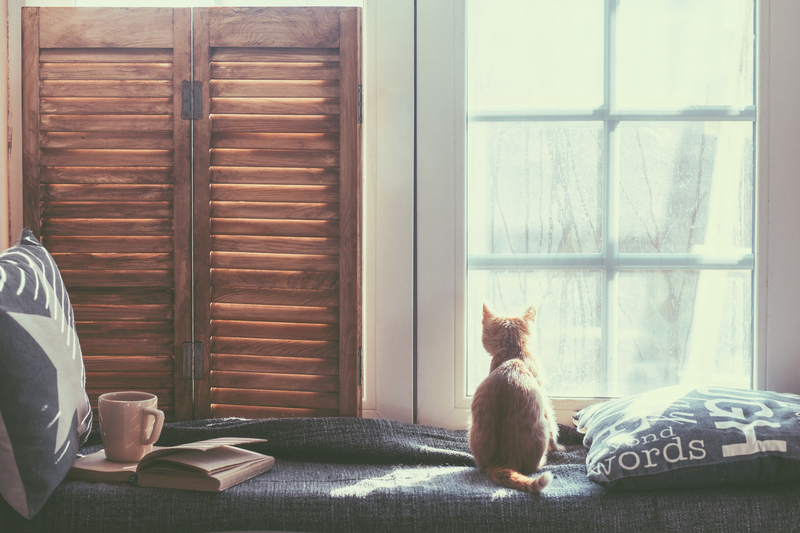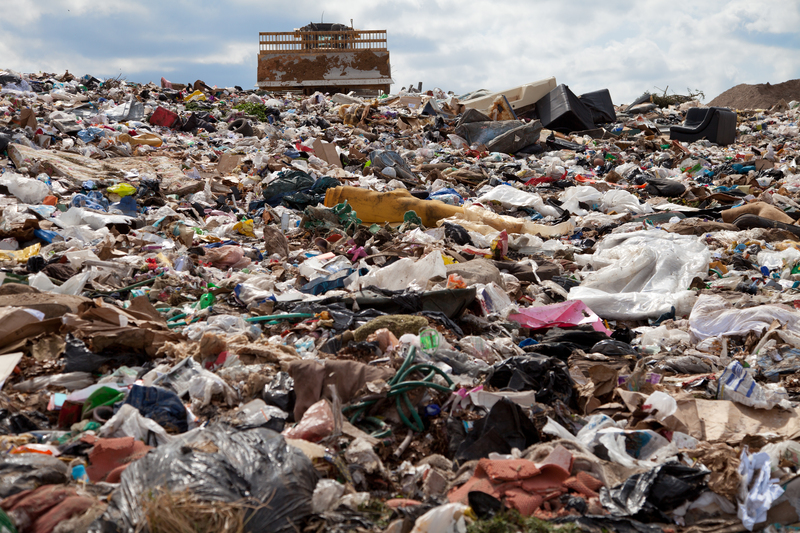Posted on 20/02/2024
Composting is a simple and effective way to reduce waste, enrich soil, and grow healthy plants in your home garden. By turning organic materials such as food scraps, leaves, and yard trimmings into nutrient-rich compost, you can create a sustainable cycle that benefits both your garden and the environment.
If you're new to composting, it may seem daunting at first. But with the right knowledge and techniques, anyone can successfully start a home composting system. In this article, we will provide you with tips and tricks for success in starting your very own composting system.
Choose the Right Location
The first step in starting a home composting system is to select the right location for your compost pile or bin. It's recommended to place your compost pile on level ground with good drainage and partial sunlight. This will help maintain a consistent temperature and moisture level, speeding up the decomposition process. Avoid placing your compost pile directly against your house or any structures as it could lead to pests or odors.

Gather Materials
The key to successful composting is having a good balance of "brown" and "green" materials. Brown materials include items such as dried leaves, twigs, shredded paper, and cardboard. They are rich in carbon and provide bulk to the compost pile. Green materials, on the other hand, are high in nitrogen and include items like grass clippings, kitchen scraps, coffee grounds, and eggshells.
It's essential to have a mix of both brown and green materials in your compost pile to maintain proper airflow and moisture levels. Aim for a ratio of 2 parts brown materials to 1 part green material.
Build Your Compost Pile
Once you have all your materials gathered, it's time to build your compost pile. Start by creating a layer of browns at the bottom of your chosen location. Then add a layer of greens on top of it. Continue alternating between layers of brown and green materials, making sure to mix and moisten the layers as you go. The ideal moisture level for compost is about as damp as a wrung-out sponge.
It's also essential to mix and turn your compost pile regularly to aerate it. This will help speed up the decomposition process and prevent unpleasant odors from forming.

Be Patient
Composting is a natural process that takes time, so don't expect to see results overnight. It can take anywhere from 2 months to a year for your compost pile to fully decompose into nutrient-rich soil. Be patient and continue adding materials to your pile while maintaining proper moisture and aeration levels.
Troubleshooting Tips
Sometimes, you may encounter issues with your compost pile, such as it smelling bad or attracting pests. Here are some tips to troubleshoot common problems:
- If your compost smells bad, it could be due to an imbalance in materials. Adjust the ratio of browns and greens and make sure to mix your pile thoroughly.
- To prevent pests, avoid putting meat, dairy, or pet waste in your compost pile. You can also cover your pile with a layer of straw or leaves to deter animals.
- If your compost seems too dry, add more water or green materials. If it's too wet, add more browns.
The Pros and Cons of Home Composting
Like any other gardening practice, home composting has its pros and cons. Here's a quick look at some key points to keep in mind:
Pros:
- Reduces waste: Composting diverts organic materials from landfills, reducing methane emissions.
- Saves money: By creating your own nutrient-rich soil, you won't need to purchase expensive fertilizers for your garden.
- Improves soil health: Compost adds vital nutrients back into the soil, making plants healthier and more resistant to pests and diseases.
- Environmentally friendly: Composting is a sustainable practice that benefits the environment by reducing greenhouse gas emissions and conserving resources.
Cons:
- Time-consuming: Composting requires patience and regular maintenance.
- Can attract pests: If not managed properly, compost piles can attract pests such as rodents and flies.
- Space limitations: Composting may not be suitable for those with limited outdoor space.
Takeaways
Starting a home composting system is a great way to reduce waste, improve soil health, and grow healthy plants. To ensure success, remember these key takeaways:
- Choose the right location for your compost pile.
- Gather a good balance of browns and greens for your materials.
- Build your compost pile in layers and regularly mix and turn it.
- Be patient and troubleshoot any issues that may arise.
Conclusion
Starting a home composting system may seem intimidating at first, but by following these tips and tricks, anyone can do it successfully. Not only does composting benefit your garden, but it also has a positive impact on the environment. So why not give it a try? With a little effort, you'll be rewarded with nutrient-rich soil for healthier plants and a more sustainable lifestyle.
Latest Posts
Tips for Proper Disposal of Regular Waste
Garbage Cleanup Bags - Efficient Skip Substitute

































 Get a Quote
Get a Quote